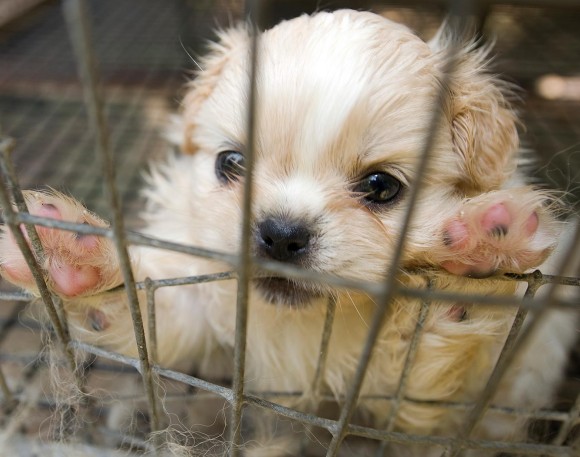
Credit: Humane Society
March 31, 2022 - SACRAMENTO - On Wednesday, Senator Scott Wiener (D-San Francisco)’s Senate Bill 879, also known as the PET (Prohibiting Extraneous Testing) Act, passed the Senate Judiciary Committee by a unanimous, bipartisan vote of 10-0. It will now head to the Senate Appropriations Committee.
The PET Act ends the suffering of cats and dogs by prohibiting these household pets from being used in toxicity tests for products such as pesticides, chemical substances and food additives. This bill includes exemptions for testing for the development of products intended for use in dogs or cats including anesthesia, cancer treatment, animal vaccines, other animal medicines, or flea and tick products. Additionally, SB 879 does not impact testing required by federal laws or regulations.
The use of animals to test substances intended for human use is unreliable, does not truly ensure human safety, and has serious scientific limitations. For example, nearly 90 percent of drugs first tested on animals end up failing when subsequently tested on people, with about half failing due to unanticipated toxicity when tested on humans. Much of the current toxicity testing on these animals is inhumane, unnecessary, and ultimately does not further scientific research on toxicity in humans.
Toxicity testing exposes animals to chemicals (including industrial and consumer products, and food additives) as an attempt to understand what harms may be caused to humans by these chemicals. This testing is frequently excruciatingly painful for animals. According to the Physicians Committee for Responsible Medicine, this testing varies in duration, and animals are observed for toxic effects including: vomiting, diarrhea, convulsions, respiratory distress, appetite or weight loss, rashes, salivation, paralysis, lethargy, bleeding, organ abnormalities, tumors, and even death.
Dogs used in testing are bred to live their entire lives confined in laboratory settings and are forced to undergo invasive procedures, such as having chemicals forced down their throat or into their lungs. Some tests may involve intentionally administering a chemical over a prolonged period to determine the lethality of the substance, causing slow and painful deaths. SB 879 will prohibit those tests for certain products and ensure that cats are not subject to the same conditions.
The PET Act prohibits this unnecessary and harmful testing, while allowing for testing involving products for pets, and testing required by federal agencies.
The PET Act is sponsored by the Humane Society of the United States.
“Cats and dogs should not be forced to undergo unnecessary testing that can cause harm, and even death,” said Senator Scott Wiener. “It’s simply unethical. The PET Act will prevent unnecessary testing on cats and dogs, and protect these animals.”
Source: Senator Scott Wiener








